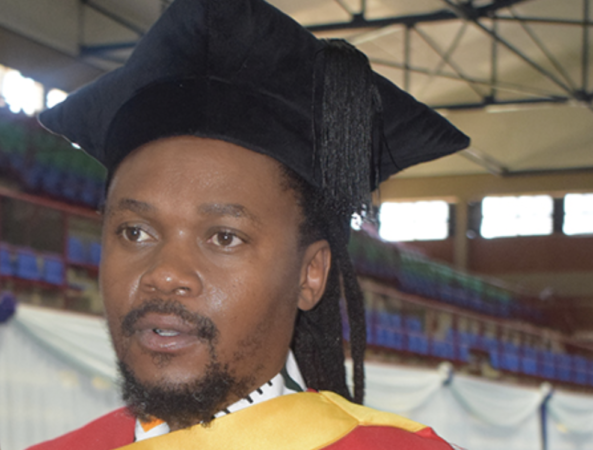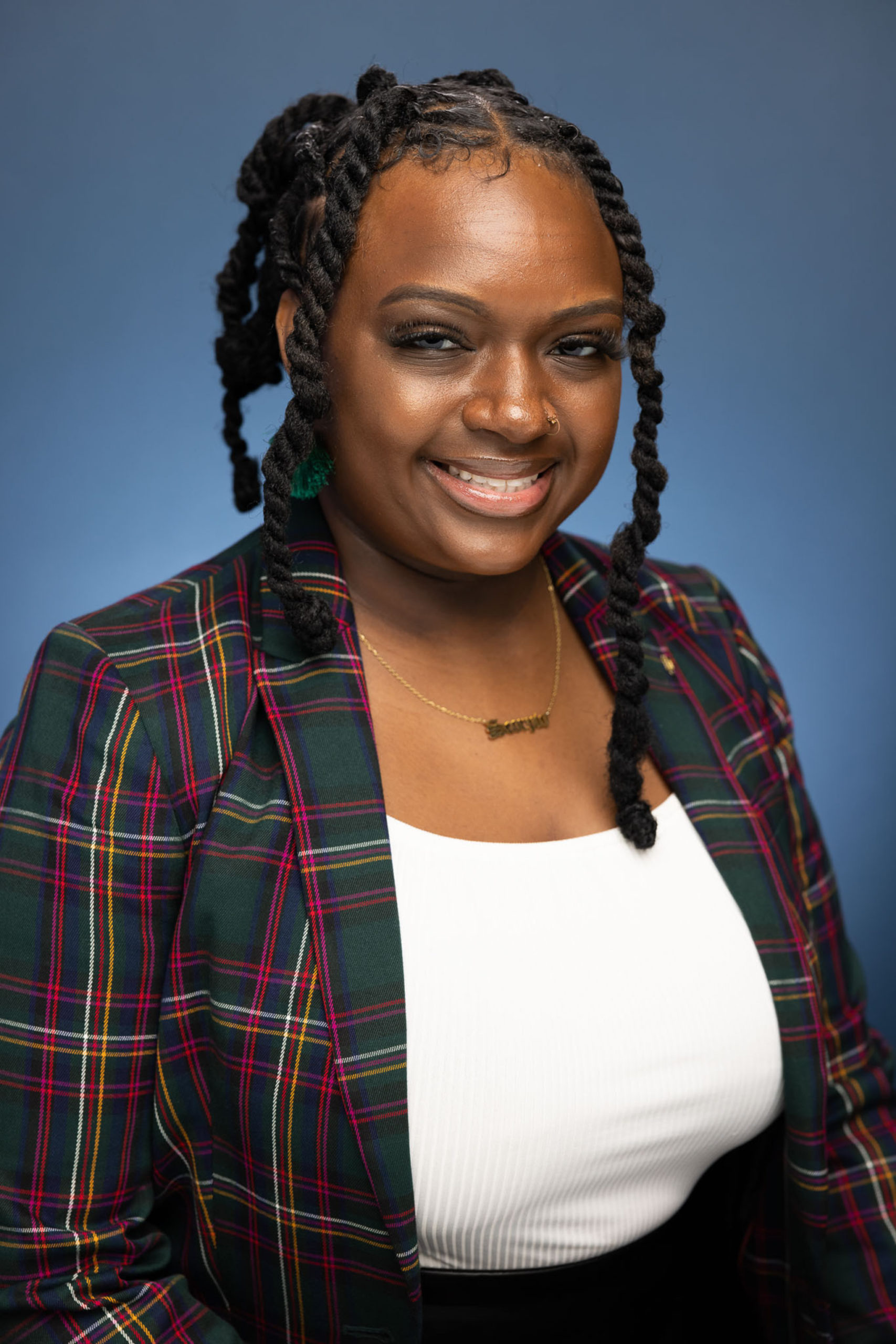At a young age, his love for the consumption of stories about the stars and the moon helped him develop his passion for indigenous knowledge systems (IKS) research, specifically indigenous astronomy.
Fast forward to 2019, Motheo Koitsiwe made history as the first to receive Africa’s first Ph.D. in indigenous astronomy from the North-West University (NWU) in South Africa.
“This passion was ignited by my late grandmother, Mmamodiagane Tladinyane, when she narrated stories, poems, riddles, [and] songs of African night skies and cosmologies around the fireplace,” Dr. Koitsiwe shares with Face2Face Africa.
It was years of the oral traditions of storytelling inspired by the cosmos that motivated him to investigate the African indigenous astronomy of the Batswana in South Africa and Botswana.
In centuries past, Africans relied on the natural world around them to keep track of seasons, time, and directions as there were no gadgets like mobile phones and clocks to help with timekeeping.
For places like rural South Africa, people depend on hunting, farming, and harvesting to survive. Face2Face Africa reports celestial bodies were responsible for telling them when to “till the soil and when the growing season was about to end.”
During his time at the university, Dr. Koitsiwe’s work included following a case study approach in investigating the Batswana.
“The study revealed that the Batswana use their indigenous knowledge of celestial bodies for agriculture, reproductive health, navigation, time calculation, calendar making, rainmaking and thanksgiving ceremonies, and for natural disaster management,” according to the university.
Professor Mogomme Masoga co-supervised Dr. Koitsiwe’s doctoral studies and reveals his thesis was not only unique in astronomy but also has novelty and originality.
According to a press release — after earning his Ph.D. — Dr. Koitsiwe planned to translate his thesis into Setswana “so that it not only reflects the aspirations of academia but the Bakgtla-Ba-Kgafela and Batswana in general.”
He also has a bachelor’s degree in social sciences, as well as an honor’s and a master’s degree in IKS from the NWU.


